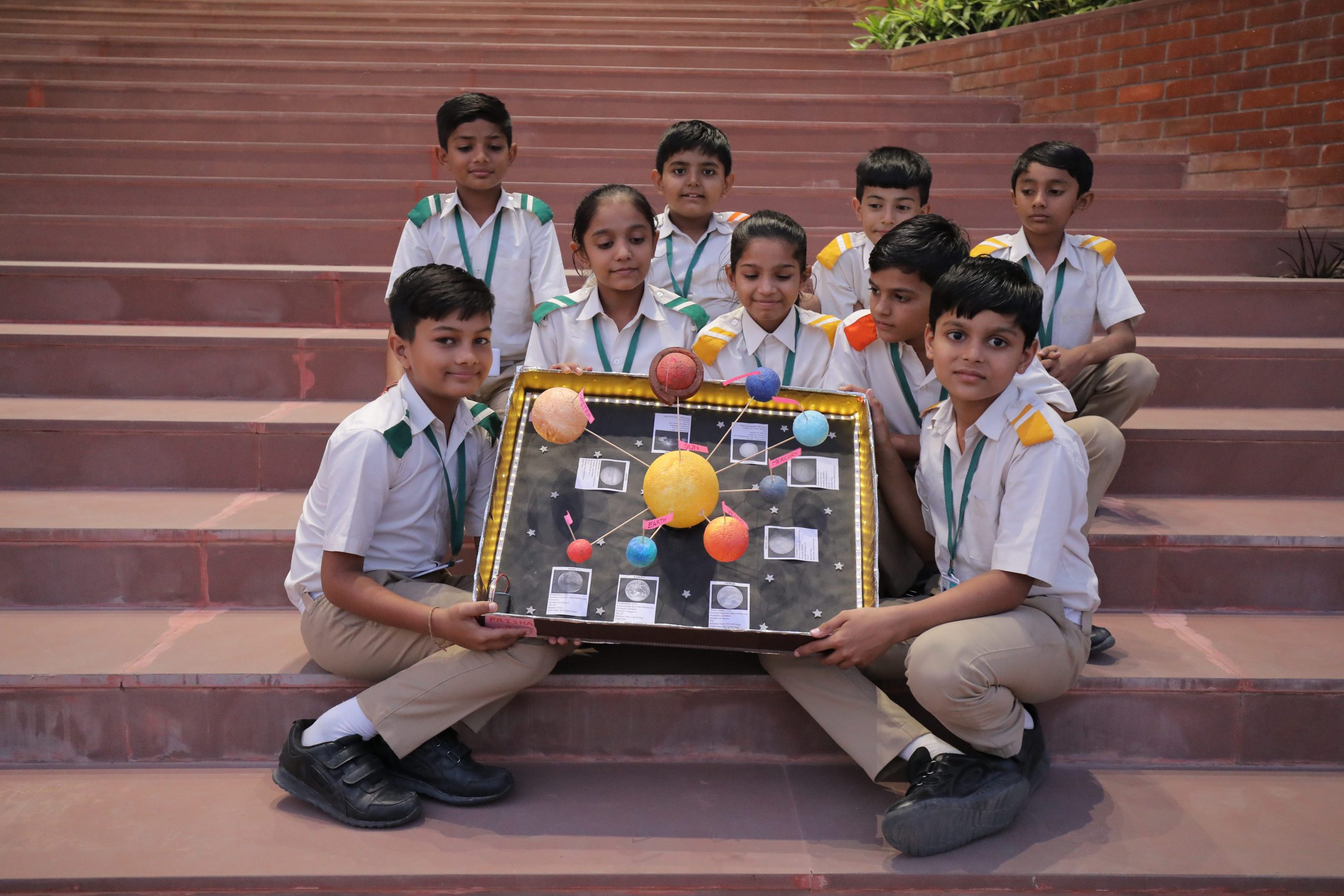



Holistic development means the development of intellectual, mental, physical, emotional, and social abilities in a child so that he or she is capable of facing the demands and challenges of everyday life. Every child is unique. He or she has her unique personality traits, interests, preferences, values, attitudes, strengths, and weaknesses. “Education cannot be effective unless it helps a child open up himself to life” Therefore, the importance of the holistic approach lies in the fact that it is the children who learn different skills in a stage-wise manner, including walking, running, talking, fine motor skills, etc. Education should be based on experiential learning and should empower all citizens to participate in meaningful ways in the life of the immediate community and society at large.
Education, therefore, should be an appreciation for the magnificent diversity of human experience. Holistic education is an approach to pedagogy that meets the needs of all types of learners, can be a source of fulfillment and gratification for teachers and parents. It allows parents and students to make an informed choice when confronted with different educational systems. Holistic education is a philosophy that can and should be applied in all subjects in the school.
For the purpose of this research, the searchlight will be beamed on how Literature-in-English can be used as a tool for the holistic development of students. Literature is important in the English Language curriculum. Enabling students to learn about the distinctive genres of Literature (Drama, Prose, and Poetry). Exposing students to different characteristics, approaches, techniques, and content of the literary genres. Helping to mold and form students’ good pattern of life and intellectual ability to become good citizens of their nation. Literature curriculum and other educational experiences are used to perceive and understand the world in terms of interrelated systems and interconnected experiences.
Interpersonal connections can help students develop social and other interpersonal skills with the goal of understanding and learning to live in relationship or harmony with others. Literature plays an important role in the holistic development of the individual’s cognitive, psychomotor and emotional domains. Language and speech are integral parts of an upbringing process. Speaking well and articulating are necessary skills in today’s world. Children start with small words in their mother tongue and slowly move on to complex sentences. Since the brain develops rapidly, it is necessary to stimulate sight, sounds, and speech patterns. What children require today in schools is not just academic lessons. A schooling system that helps a child understand his or her self, emotions, and mental duress while teaching to build up healthy and functional relationships as well as develop resilience and team spirit is the true form of education. To achieve greater heights in their careers while becoming upstanding citizens of the society who contribute to the growth and development of the country.
Hence, The holistic development of students is very important right from the beginning of school-going years.